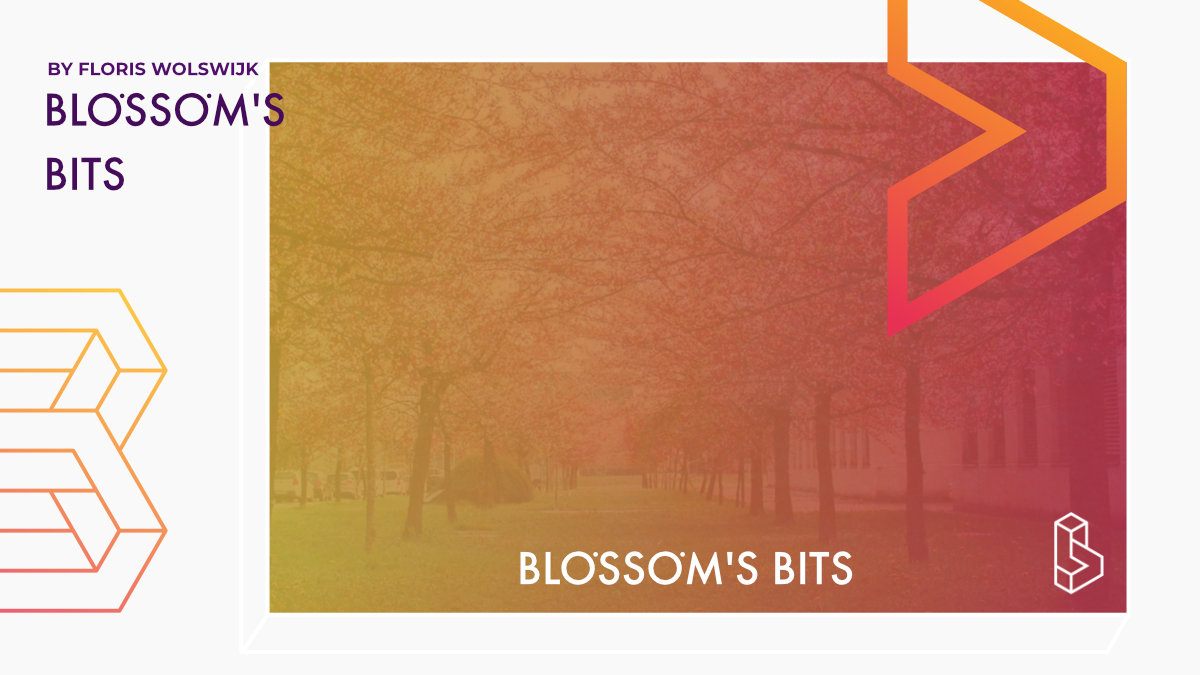Psychedelic science is getting a lot of positive press, but the data just isn’t there yet.
Articles in The Guardian or NY Times make it seem that the science is settled. Without diving into the literature, you are excused to think that psychedelics solve depression, fundamentally rewire your brain, and bring about world peace by 2070.
Unfortunately, there are virtually no large controlled trials.
This is where we stand.
In total, there have just 2.013 participants in psychedelic RCTs
Across 42 trials – including the work at MAPS, Usona, Compass – only 2.013 participants have participated in randomized clinical trials.*
Within these trials, only 1.378 participants have received a psychedelic. The other participants are almost always given an inactive placebo, meaning they are aware of which group they are in.
Methodological workarounds such as an active placebo (e.g. niacin) have been proposed, but seeing the walls melt around you versus feeling a bit flushed doesn’t seem to be the solution.
So, believing that the science is there, can’t be justified by the data that is available.
Instead of being cheerleaders, psychedelic science can do with more optimistic criticism
Science starts with a hypothesis. A hunch, based on observational data or reasoning based on earlier data. But then you try and disprove the hypothesis. If you can’t (the difference is significant), you conclude it’s true – to the best of our knowledge.
To do this, psychedelic science needs more participants to go through RCTs. We don’t need more press releases, we need more quality data.
What can we – psychedelic enthusiasts – do better?
1. Read the science with a critical mindset. “Trending towards significance” means that the difference wasn’t found.
2. Demand better data. If a study is underpowered, demand more participants. With the funding frenzy of last year, the field has the resources to make larger trials with better study designs happen.
3. Open access to data. Be open to critique by publishing study designs – which the MIND Foundation recently did for the EPIsoDE trial. If companies won’t share the data, the funding got us no step further.
If we continue to build the hype without strong fundamentals, the house of cards will eventually fall from under us. Let’s strengthen the fundaments.
Not everything related to psychedelics is about the science – people are helped now by clinics, guides and retreats – but the science possibly opens it up to millions more.
*This number falls to 1.281 (951 active participants) if we exclude ketamine for depression RCTs.
This short essay was inspired by Stuart Ritchie’s excellent substack article.
The data on trial participants comes from Blossom’s database and is also shared in BrainFutures’ Psychedelic Medicine Report.
Become a psychedelic insider
Get a Pro Membership to enjoy these benefits & support Blossom📈 full reports on Topics & Compounds
🧵 full summary reviews of research papers
🚀 full access to new articles
See Memberships

